Since good digestion starts with the enzymes in the mouth, we need to chew all the food well. The longer you chew, the longer the enzymes can affect food, nutrition experts say.
Chewing actually exposes most foods to enzymes, leading to better digestion. Moreover, since almost all raw fruit and vegetables have indigestible cellulose membranes, these membranes must be destroyed before the nutrients are released and the food is properly digested.
Digestion is a complex process that begins as soon as your mouth moistens in anticipation of food. As food travels through the gastrointestinal tract, it breaks down into very small particles.
All nutrients are extracted and absorbed and the unnecessary products are eliminated. Enzymes actually make the digestive system work and are present in every phase of this process.
The foods we eat contain protein, fat and carbohydrates. In order to transform these basic food groups into materials that our bodies can use, we need to have three groups of enzymes: proteases, lipases, and amylases.

Once food enters the stomach, gastric juices that contain enzymes continue to digest it. Pepsin (gastric protease) digests protein and as we know, proteins give us strong muscles, healthy skin, hard bones, abundant hydration and protection from diseases.
Lipases break down fats (lipids), including oils and cholesterol. And amylase breaks down carbohydrates, including major sugars such as sucrose, lactose and fructose.
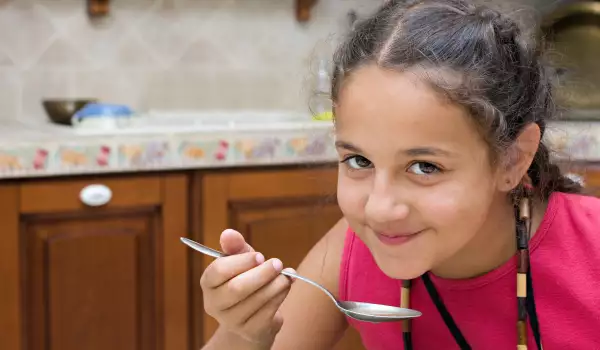
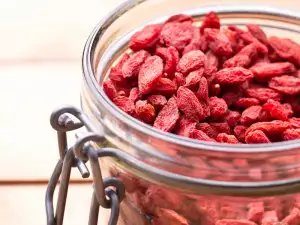
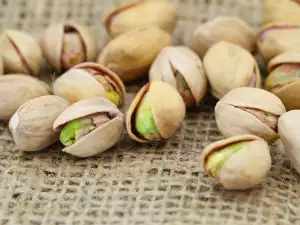
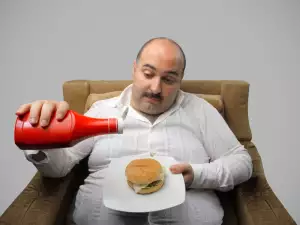

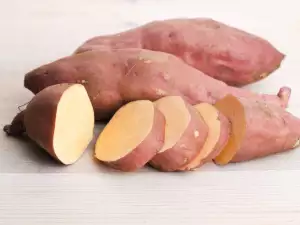
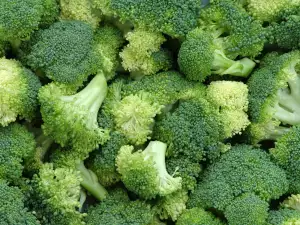
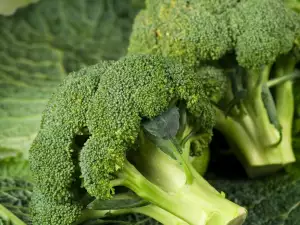
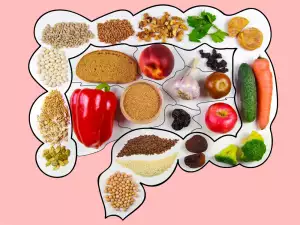


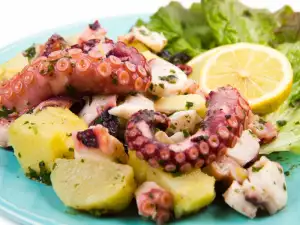

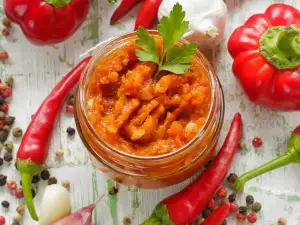
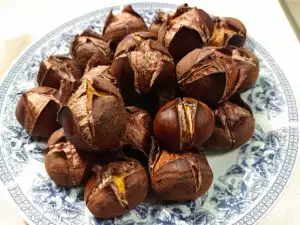
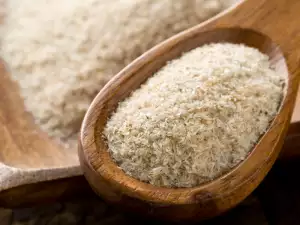




Comments